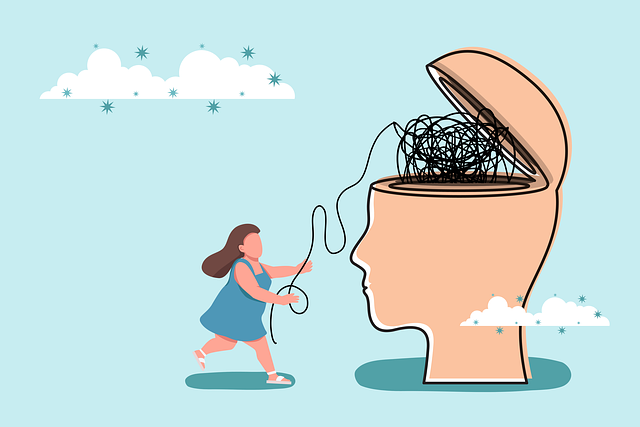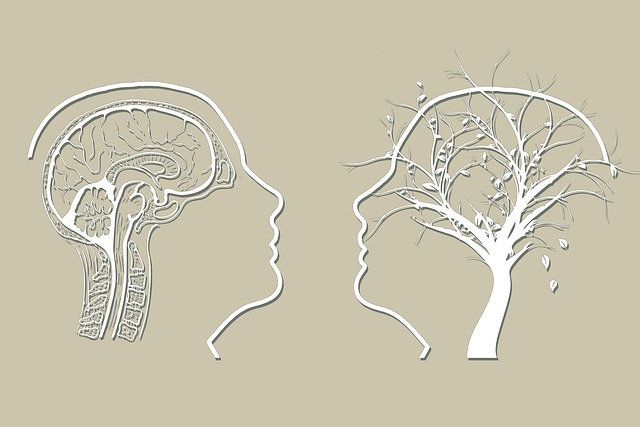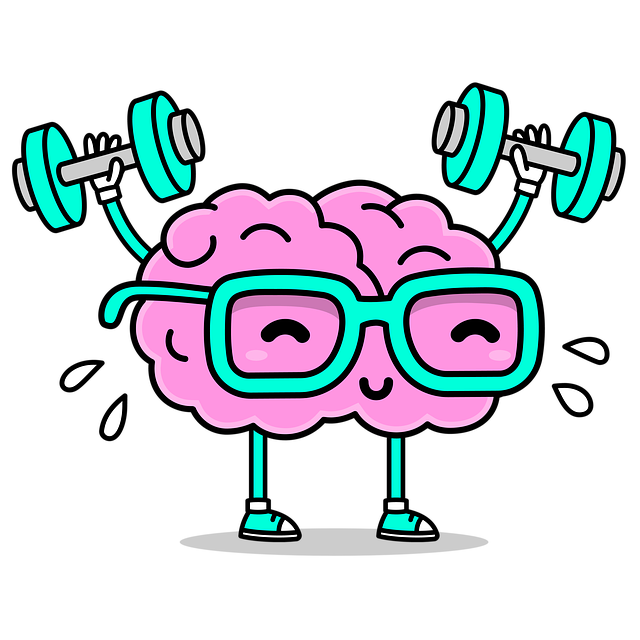Emotion regulation is a vital skill for managing daily life and relationships, reducing stress, and improving communication. Boulder Interpersonal Issues Therapy (BIIT) offers a unique, holistic approach to emotion regulation by addressing the link between interpersonal relationships and mental health. Through structured coaching and focus on dynamic social environments, BIIT equips clients with skills for crisis intervention, conflict resolution, and enhanced emotional resilience. Incorporating BIIT techniques, along with cognitive reframing, mindfulness, and journaling, provides powerful tools for managing interpersonal issues and promoting mental wellness.
Emotion regulation is a vital skill, especially in today’s fast-paced world. This article explores the profound impact of mastering emotional control on interpersonal relationships and delves into effective teaching methods, including the renowned Boulder Interpersonal Issues Therapy (BIIT) approach. We uncover practical strategies for everyday application, offering insights to enhance emotional well-being and strengthen connections with others. Discover how BIIT provides a structured framework for individuals to navigate and manage their emotions constructively.
- Understanding Emotion Regulation and Its Impact on Interpersonal Relationships
- The Boulder Interpersonal Issues Therapy Approach to Teaching Emotion Regulation Techniques
- Practical Strategies for Effective Emotion Regulation in Everyday Life
Understanding Emotion Regulation and Its Impact on Interpersonal Relationships

Emotion regulation is a vital skill that plays a significant role in our daily lives and interpersonal relationships. It refers to the ability to understand, manage, and control our emotions effectively. This process involves recognizing and accepting one’s feelings while learning to respond to them in healthy ways. In today’s fast-paced world, where stress and anxiety are prevalent, mastering emotion regulation techniques is essential for overall well-being. Not only does it help individuals cope with challenging situations, but it also fosters better communication and strengthens connections in interpersonal relationships.
When we struggle with regulating our emotions, it can lead to conflicts and misunderstandings in various settings, including personal and professional environments. Boulder Interpersonal Issues Therapy offers valuable tools for navigating these challenges. By teaching effective stress management and conflict resolution techniques, therapists help clients develop mind over matter principles that enable them to respond calmly under pressure. Understanding and managing emotions is a game-changer, allowing individuals to build healthier relationships and lead more fulfilling lives.
The Boulder Interpersonal Issues Therapy Approach to Teaching Emotion Regulation Techniques

The Boulder Interpersonal Issues Therapy (BIIT) Approach offers a unique perspective on teaching emotion regulation techniques by emphasizing the interconnectedness of interpersonal relationships and mental health. This therapeutic framework, developed to address complex emotional challenges, provides a structured yet flexible model for mental wellness coaching programs. By focusing on the dynamic interplay between individuals and their social environments, BIIT facilitates a holistic understanding of emotional dysregulation.
Incorporating elements from risk management planning for mental health professionals, BIIT equips individuals with skills to navigate interpersonal issues effectively. Through crisis intervention guidance, clients learn to identify triggers, develop coping strategies, and enhance emotional resilience. This approach not only empowers individuals to manage their emotions but also fosters healthier relationships by improving communication and conflict resolution skills.
Practical Strategies for Effective Emotion Regulation in Everyday Life

Incorporating effective emotion regulation techniques into everyday life is a powerful tool for managing interpersonal issues and enhancing overall mental wellness. One practical approach, inspired by Boulder Interpersonal Issues Therapy, emphasizes cognitive reframing and mindfulness practices. By recognizing and challenging negative thought patterns, individuals can gain perspective and reduce the intensity of emotional responses. For instance, when faced with a stressful situation, taking a moment to pause, breathe, and observe one’s thoughts without judgment allows for a shift from reactive to proactive thinking. This mental health awareness promotes better decision-making and fosters emotional healing processes.
Additionally, journaling exercises have emerged as valuable guidance in the pursuit of mental wellness. Writing down emotions, experiences, and reflections can help individuals process complex feelings, identify triggers, and track progress over time. This practice supports the development of emotional intelligence by encouraging self-awareness, understanding, and management. Incorporating such techniques into daily routines empowers individuals to navigate interpersonal interactions with greater equanimity, thereby improving their overall quality of life.
Emotion regulation is a powerful tool that can significantly enhance interpersonal relationships and overall well-being. The Boulder Interpersonal Issues Therapy (BIIT) approach offers a comprehensive framework for teaching these techniques, fostering deeper connections and improved communication. By integrating practical strategies from BIIT into everyday life, individuals can better navigate emotional challenges, leading to more fulfilling interactions with others. These skills are invaluable in cultivating healthy relationships and promoting personal growth.












